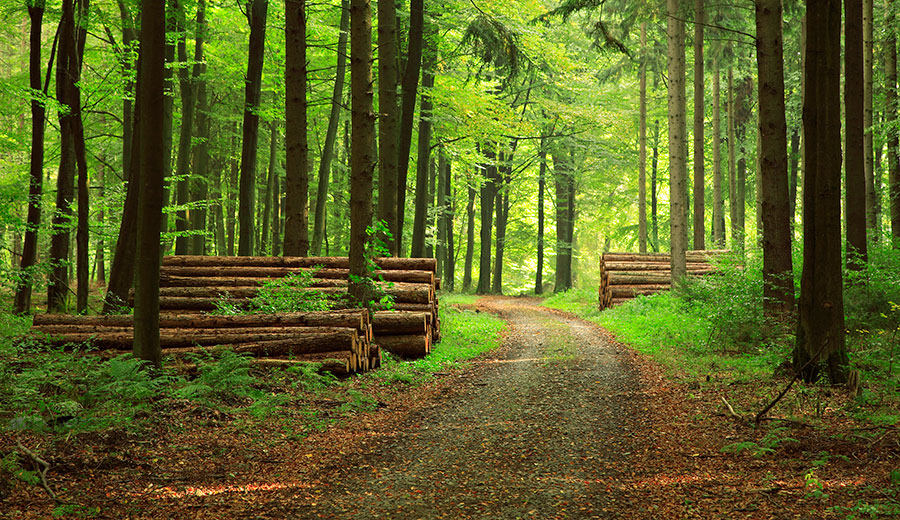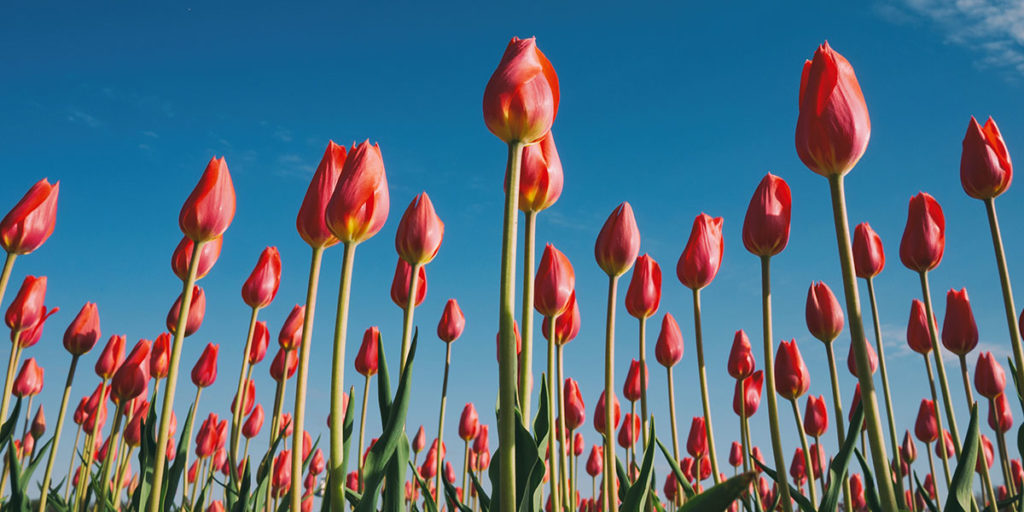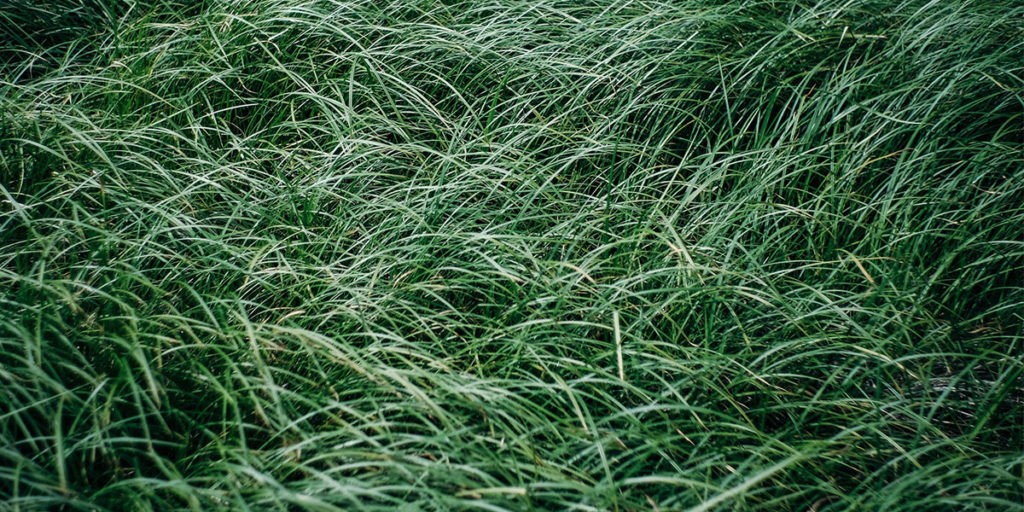There are plenty of jobs that you can be doing in the job in October, not just to prep it for next year, but to enjoy it now as well. It’s also a great time to carry out any tree surgery work, so contact our North West tree surgeons for any jobs involving pruning, tree felling or stump grinding.
If you look at most gardening guides for October, the jobs you will find aren’t necessarily right for the current weather and temperature levels. For instance, a lot of guides recommend you start uplifting tender plants such as canna lilies and banana plants to avoid frost damage.
Given the temperature doesn’t start to drop until much later in the year we think you can get away with doing this in early November instead, giving you more time to enjoy the plant.
Instead we’ve compiled a list of what we think are the most important jobs to do in October, and where to focus your time.
Start Collecting Fallen Leaves
Every leaf that drops can improve your garden so raking up leaves shouldn’t be seen as a chore. Instead you should see it as an addition to your compost, as leaves can be broken down in to leaf mould, which is extremely good for your soil. Unlike compost, leaf mould isn’t high in nutrients but works really well for improving the structure of your soil, providing an ideal setting for your bulbs to grow.
Leaving your leaves to decompose in a container that lets a lot of air in works best, Monty Don recommends using chicken wire.

Plant winter flowers
The summer days may have past but that doesn’t mean you have to say goodbye to colour. There are plenty of winter plants and flowers that will provide colour in the colder months, such as winter pansies, heather and aconites, which will add a touch of yellow to your garden.
Plant spring flowers
Now is the perfect time to start rearranging your bulbs and planting your spring flowers, such as daffodils, tulips and crocus. Daffodils are starting to come on much earlier so with a bit of luck you will get some appearing in the early months of the year before spring has officially come in.
It’s also a good time to start rearranging your summer bulbs, such as lilies, as with them getting taller each year we often find moving them to a different setting really allows them to shine when they do flower.

Wash your greenhouse windows
There are plenty of jobs you can do in the greenhouse in October, but our top recommendation would be to give it a good clean. Your windows may have become slightly hazy or dirty and when the light is becoming scarce we need to use as much of it as possible. Clean glass will ensure every bit of light possible is reaching your plants.
It’s also a good time to give it a good clean, removing any soil and cleaning out any debris that can harbour pests and disease.
Revive your lawn
Although we’ve had a relatively wet summer, the sunnier months can take its toll on your grass, especially due to wear and tear with it typically being used more. Applying an autumn feed to your lawn will mean it comes back lovely and lush next year.

Clean bird boxes
It’s really important to clean your bird boxes, as they can harbour fleas and other pests that can infect young birds that hatch the following year. October is the ideal time to do it as most of the birds inhabiting the boxes will have moved on, do make sure there aren’t any still hanging around though, as some bird species to do stick around for the winter months.
Some guides recommend using a mild disinfectant to do this, but the RSPB recommends using just boiling water to kill any parasites and then allowing it to dry out fully, so we will go with that.
Think ahead
Now is a great time to start planting shrubs or hedging that you may want to come on and fill a space next year, as the soil is still warm and many of your plants will have finished, meaning you don’t have to worry about dismantling them.
It’s also a great time to transplant any shrubs or evergreen plants that you want in a different location, as they aren’t as active as they were in the summer months but still active enough to have time to adjust to their new space, before ‘hibernating’ in the winter.
